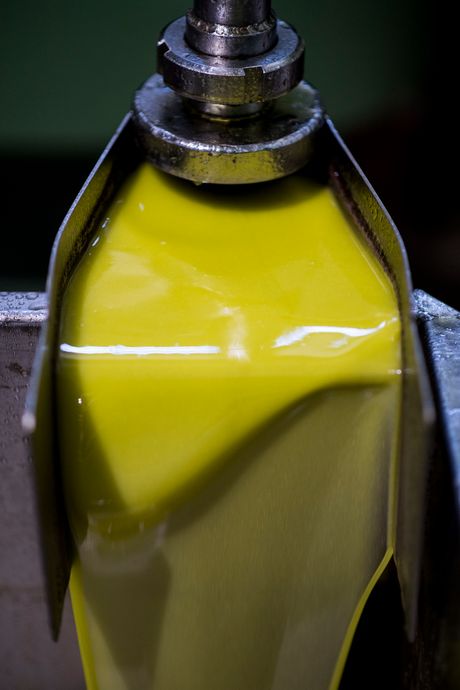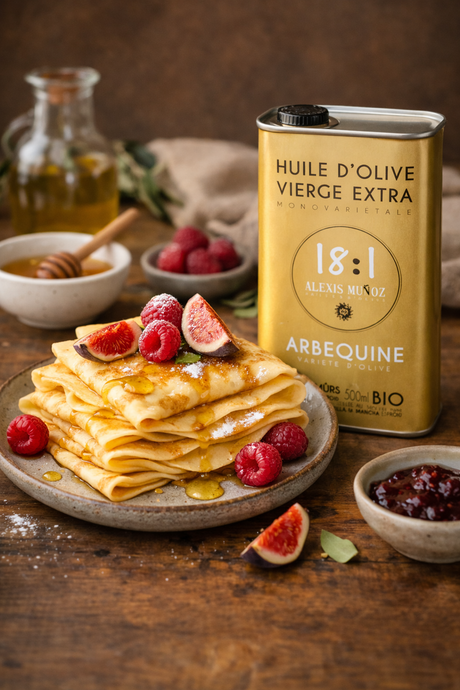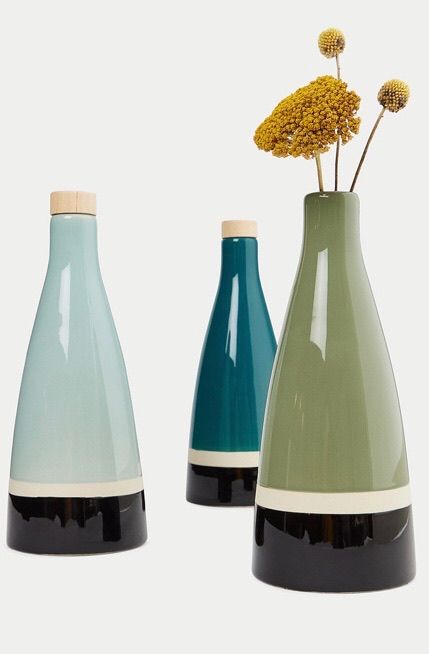The benefits of olive oil: when health meets pleasure
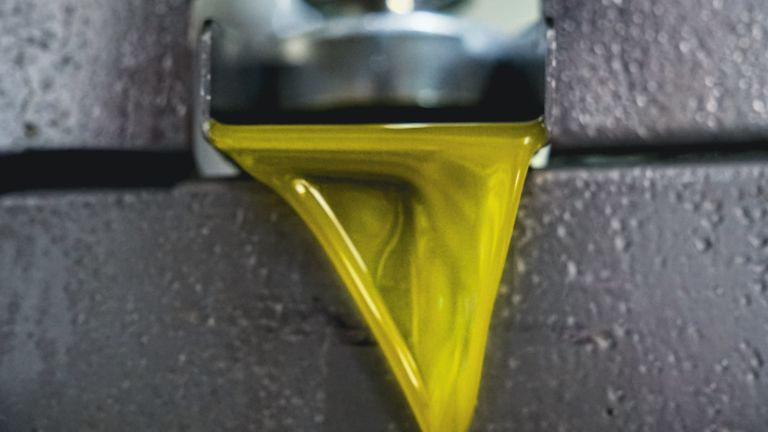
April 23, 2021
Today, we want to talk to you about the benefits of olive oil. Yes, we are producers of olive oil, so we won’t tell you not to consume it! But it’s precisely because we are convinced of its intrinsic qualities and committed to a rigorous quality process that we have dedicated our lives to this juice with many virtues.
We’ll try to avoid overly technical explanations and simply provide the essentials to help you understand how a good olive oil can be beneficial to your health.
Nutritional Benefits of Olive Oil
The daily need for fats
Olive oil is made up of 99% fats. While fats are often controversial, they are an essential part of a balanced diet. The human body actually requires a certain amount of fat, also known as "fatty acids." Fats should represent around 35 to 40% of our daily energy intake in calories.
Which fats should we prioritize?
This question arises because not all fats are created equal. In Western diets, we tend to consume too many saturated fats.
En effet, il faut différencier les acides gras saturés des acides gras insaturés.
- Saturated fatty acids (found in butter or palm oil) increase the levels of bad cholesterol in the blood, which can lead to cardiovascular diseases, diabetes, high blood pressure, heart attacks, or other heart-related problems.
-
In contrast, unsaturated fatty acids (found in olive oil) help raise good cholesterol levels.
Olive oil is particularly rich in monounsaturated fatty acids, such as oleic acid (also known as Omega-9). It also contains polyunsaturated fatty acids, including Omega-6 (linoleic acid) and Omega-3 (linolenic acid).
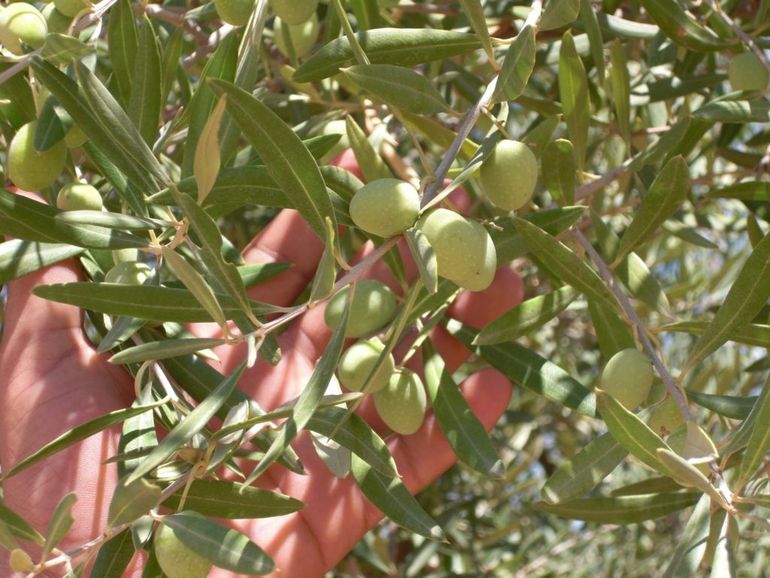
Butter or Olive Oil?
For the reasons mentioned above, it’s better to choose the Mediterranean diet, which is based on olive oil, over animal fats that contain saturated fatty acids, like butter.
The composition of olive oil
Composed of about 80% healthy fats, olive oil is also rich in vitamin E (tocopherols), which are antioxidants that protect cell membranes.

Olive oil contains a significant amount of polyphenols, which have antioxidant properties known to help fight cancer, cardiovascular diseases, and possibly osteoporosis. There are around 30 different polyphenols in olive oil, including oleocanthal, hydroxytyrosol, and oleuropein...
Health tips: should you use olive oil for coking?
In France and much of Europe, it’s common to use butter or vegetable oils (like sunflower or canola) for cooking. However, when fats are exposed to high heat, they break down and deteriorate. This is called the smoke point — the temperature at which fats begin to smoke and create potentially toxic substances.
The smoke point of olive oil is typically around 190°C, which means it is quite stable for cooking. Frying usually starts at about 180°C. On the other hand, butter has a smoke point of around 120°C.
However, note that olive oil begins to lose its flavor above approximately 70°C. Therefore, it is recommended to use a flavorful olive oil more for dressing rather than cooking.
Are all olive oils healthy?
The nutritional values of olive oil can vary significantly depending on the maturity of the olives, the methods of production, and storage conditions.
Our job is to ensure these qualities are preserved at every stage of production.
Opt for extra virgin olive oil for enhanced health benefits
We recommend choosing extra virgin olive oil for its reinforced health benefits. This oil should be pure olive juice, extracted only using mechanical processes, with an acidity level below 0.8%.
Look for the "cold extraction" label
To maximize the nutritional qualities of the oil, the extraction must take place in an environment where the temperature does not exceed 28°C. Our Alexis Muñoz oils are produced in the mill, with the temperature kept at 20°C, to better control oxidations
Proper storage of olive oil
Oxidized oil loses its nutritional qualities. It is therefore recommended to store olive oil away from light and heat. Choose opaque glass bottles with UV filters or metal cans.
For more on this, check out our article on "The Preservation of Olive Oil."
Every day, we apply our skills, experience, and passion to produce our olive oils. Of course, we focus on preserving the nutritional qualities of this product at every stage of production. But we also aim to maximize its organoleptic qualities. Taste, flavor, and the pleasure of an authentic and intense diet are also essential for maintaining good health!

